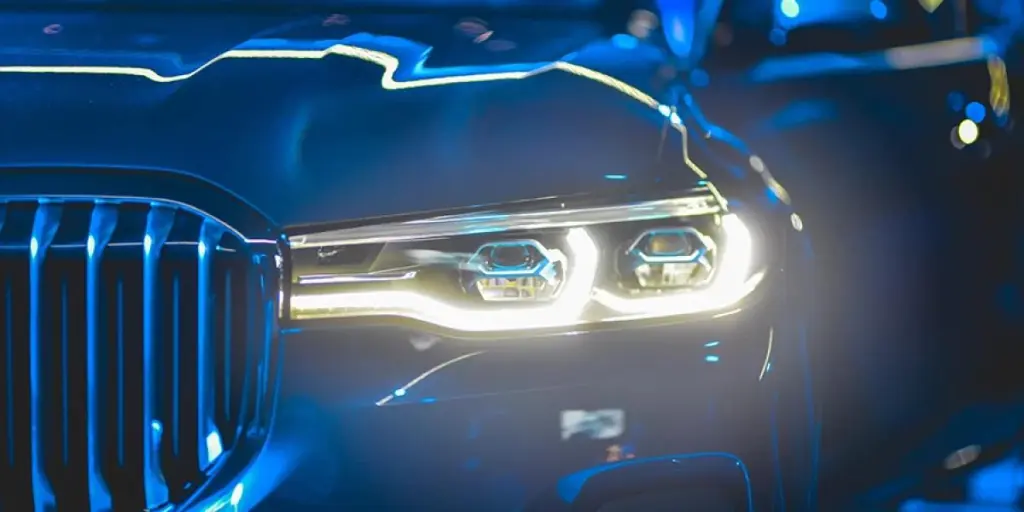Table of Contents
1. Introduction
2. Understanding the Car Engine Market
3. Key Factors to Consider When Selecting Car Engine Products
4. Top Car Engines in 2024 and Their Features
5. Conclusion
Introduction
The rapid evolution of the automotive industry demands online retailers to stay ahead by choosing the right car engine products in 2024. Offering a perfect blend of durability, efficiency, and cutting-edge technology, these engines not only enhance vehicle performance but also meet stringent environmental standards. By understanding the latest market trends and technological advancements, retailers can ensure they provide high-quality products that meet the diverse needs of their customers, driving both customer satisfaction and business growth.
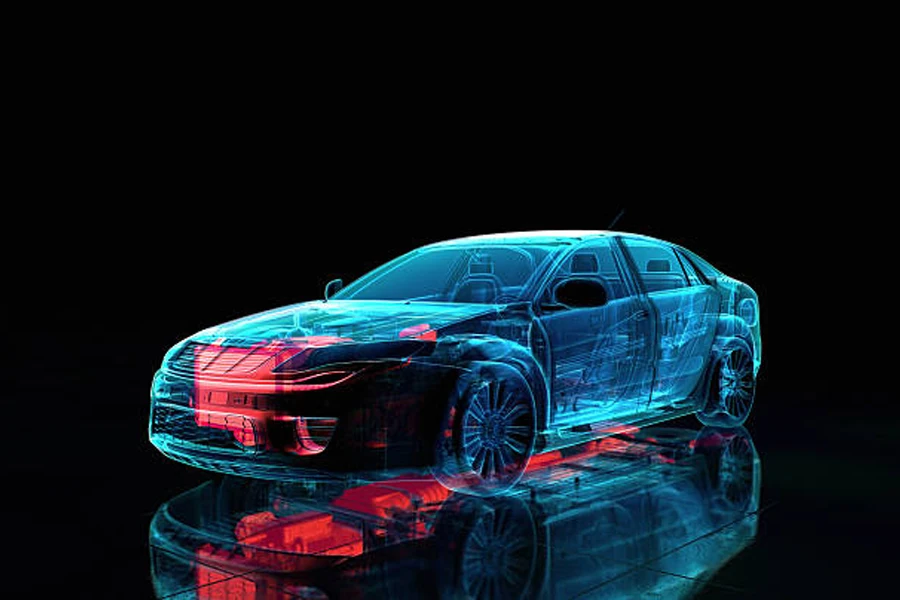
Understanding the Car Engine Market
Market Growth and Trends
The global car engine market is poised for notable growth in 2024, driven by both recovering production and rising demand. According to S&P Global Mobility, global new light vehicle sales are projected to reach 88.3 million units in 2024, marking a 2.8% increase from the previous year. This growth is supported by improved supply chains and continued consumer demand, despite higher vehicle prices and challenging credit conditions.
Electric vehicles (EVs) are significantly influencing market trends, with a forecasted sale of approximately 17.5 million units in 2024. This represents a 27% growth, with China leading the market, followed by Europe and North America. EV sales are expected to constitute up to 45% of all car sales in China, 25% in Europe, and over 11% in the United States, reflecting robust adoption rates despite some regional variations in market penetration.
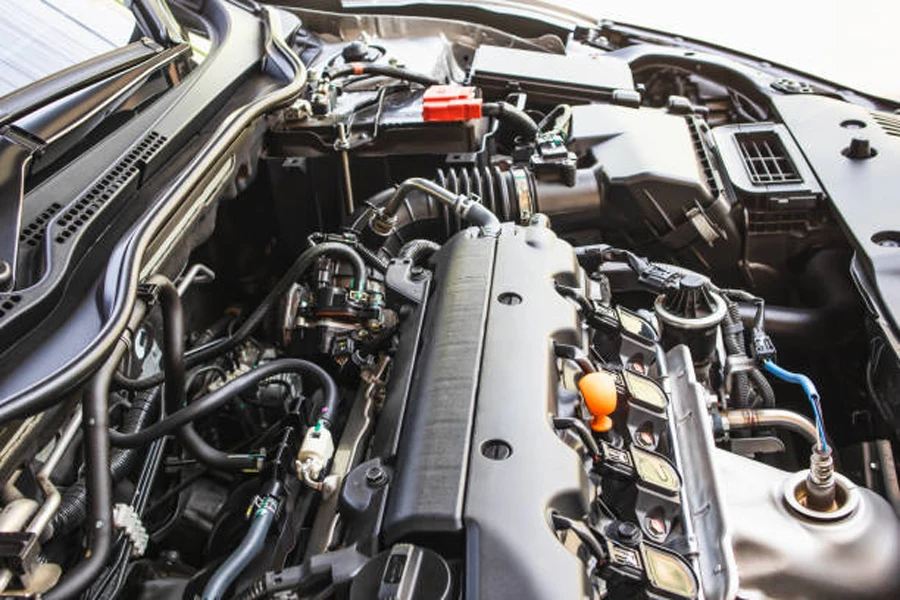
Technological Advancements
Technological innovations are reshaping the car engine market, particularly through the adoption of hybrid and electric powertrains. Hybrid engines, combining internal combustion and electric power, are becoming more prevalent due to their efficiency and performance benefits. Electric powertrains, on the other hand, are gaining traction as battery technology improves and charging infrastructure expands.
Advanced fuel injection systems are also enhancing engine performance and fuel efficiency. These systems precisely control fuel delivery, reducing emissions and optimizing power output. The integration of turbocharging technology further boosts engine performance by increasing air intake and combustion efficiency.
The impact of these technologies on market preferences is substantial. As consumers and businesses seek more efficient and environmentally friendly vehicles, manufacturers are investing heavily in these advanced technologies. This shift is evident in the increasing market share of EVs and hybrids, as well as the development of engines that meet stricter environmental regulations.
In conclusion, understanding the current market trends and technological advancements is crucial for online retailers aiming to select the best car engine products in 2024. By staying informed about these developments, retailers can make strategic decisions that align with consumer demand and regulatory requirements, ensuring they offer the most relevant and high-quality products to their customers.
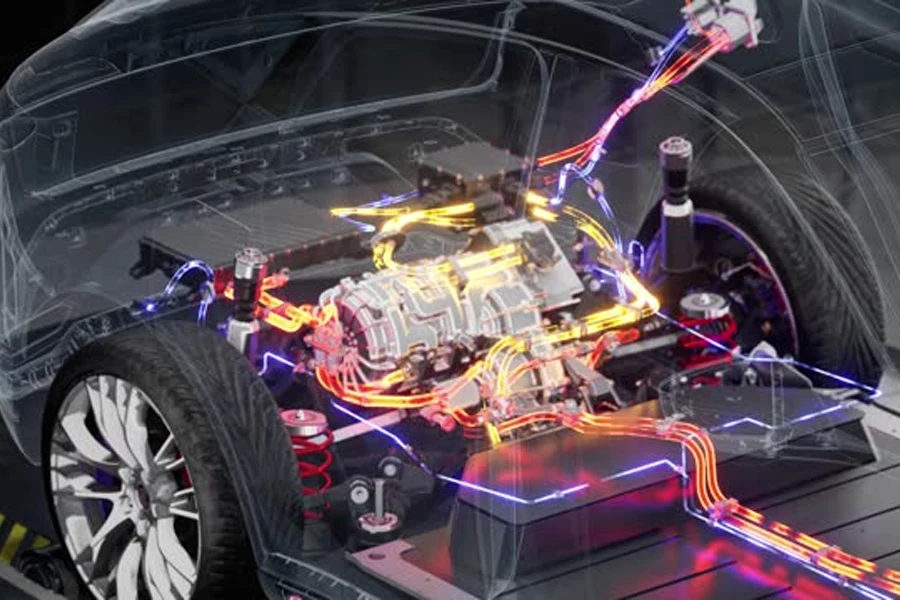
Key Factors to Consider When Selecting Car Engine Products
Durability and Longevity
When selecting car engine products, durability and longevity are paramount. Engines known for their robust construction, such as Toyota’s 22R and Mercedes-Benz OM617, stand out for their ability to endure high mileage with minimal issues. According to ChooseMyCar, these engines are celebrated for their quality materials and meticulous engineering, which contribute to their exceptional lifespan. For retailers, understanding the build quality and reputation of manufacturers is crucial. Evaluating the materials used in engine components and the manufacturer’s track record for reliability can provide insights into the engine’s potential longevity.
Engine Size and Efficiency
Engine size significantly impacts both performance and fuel efficiency. Inchcape highlights the importance of selecting an engine size that aligns with the vehicle’s intended use. Smaller engines, ranging from 1.0 to 1.4 liters, are ideal for city driving due to their fuel efficiency and lower emissions. In contrast, larger engines, such as those over 2.0 liters, are better suited for heavy loads and highway driving, offering superior power and performance. Retailers should consider real-world examples where the balance between engine size, efficiency, and performance meets specific consumer needs, ensuring the right engine type for varying applications.
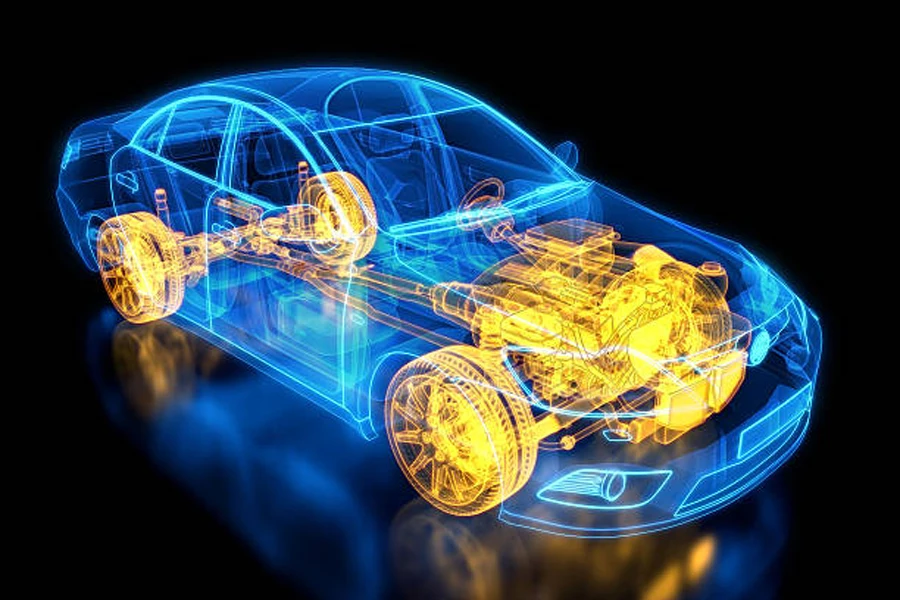
Technological Integration
Modern car engines benefit greatly from advanced technologies. Turbocharging, direct fuel injection, and hybrid systems are key innovations that enhance performance and reduce emissions. SlashGear emphasizes the importance of these technologies, citing engines like the BMW B58, which incorporate these advancements to deliver exceptional power and efficiency. Turbocharging increases air intake and combustion efficiency, while direct fuel injection ensures precise fuel delivery, optimizing performance and fuel economy. Hybrid systems, combining electric and internal combustion power, offer significant gains in efficiency and emissions reduction. Retailers should prioritize engines featuring these technologies to meet the growing demand for high-performance and eco-friendly vehicles.
Maintenance and Reliability
Ensuring engine longevity also involves regular maintenance and reliable components. According to ChooseMyCar, best practices for maintaining engines include adhering to manufacturer-recommended maintenance schedules and using high-quality parts. Regular oil changes, timely replacements of filters and spark plugs, and routine inspections can prevent major issues and extend the engine’s life. Responsible usage, such as avoiding aggressive driving and allowing the engine to warm up properly, also contributes to reliability. Retailers can guide their customers by providing maintenance tips and recommending reliable service options, ensuring the long-term satisfaction and performance of their products.

Top Car Engines in 2024 and Their Features
High-Performance Engines
High-performance engines are at the pinnacle of automotive engineering, offering unmatched power and precision. The Ferrari V12 engine stands out as a prime example, delivering exceptional performance metrics. This engine is renowned for its impressive horsepower and torque, providing thrilling acceleration and top speeds. Specifically designed for high-end sports cars and luxury vehicles, the Ferrari V12 meets the demands of consumers seeking unparalleled driving experiences. Its advanced engineering ensures not only peak performance but also superior handling and stability at high speeds, making it a preferred choice in the high-performance market segment.
Efficient and Eco-Friendly Engines
Efficiency and environmental impact are critical considerations for modern car engines. Toyota’s hybrid engines exemplify this trend, combining fuel economy with reduced emissions. These engines, such as those in the Prius lineup, utilize both internal combustion and electric power to optimize fuel usage. This results in significant savings on fuel costs and a lower carbon footprint. According to Inchcape, the integration of hybrid technology caters to the growing consumer demand for sustainable and cost-effective transportation solutions. These engines are particularly suitable for city driving, where frequent stop-and-go conditions allow the electric motor to take on a substantial portion of the work, further enhancing fuel efficiency.
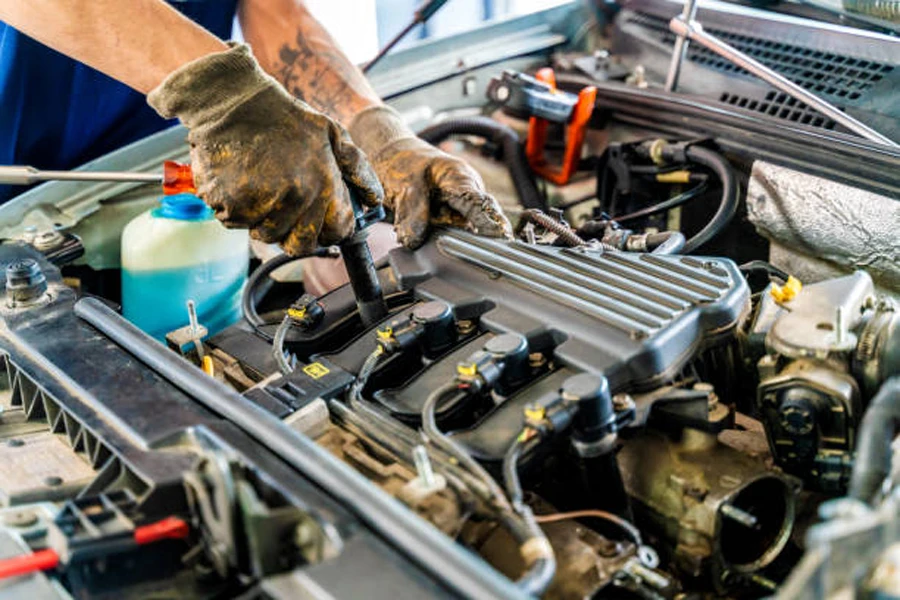
Reliable Workhorse Engines
Reliability is a key factor for businesses relying on fleet vehicles, and engines known for their longevity provide immense value. Volvo’s Redblock engines are renowned for their durability and consistent performance over extended periods. These engines are built with robust materials and designed to withstand high mileage and demanding usage. Real-world examples, as highlighted by ChooseMyCar, include commercial fleets that have significantly benefited from the reliability of these engines, reducing downtime and maintenance costs. Such dependable engines are ideal for businesses that require vehicles to perform reliably under various conditions, ensuring operational continuity and cost efficiency.
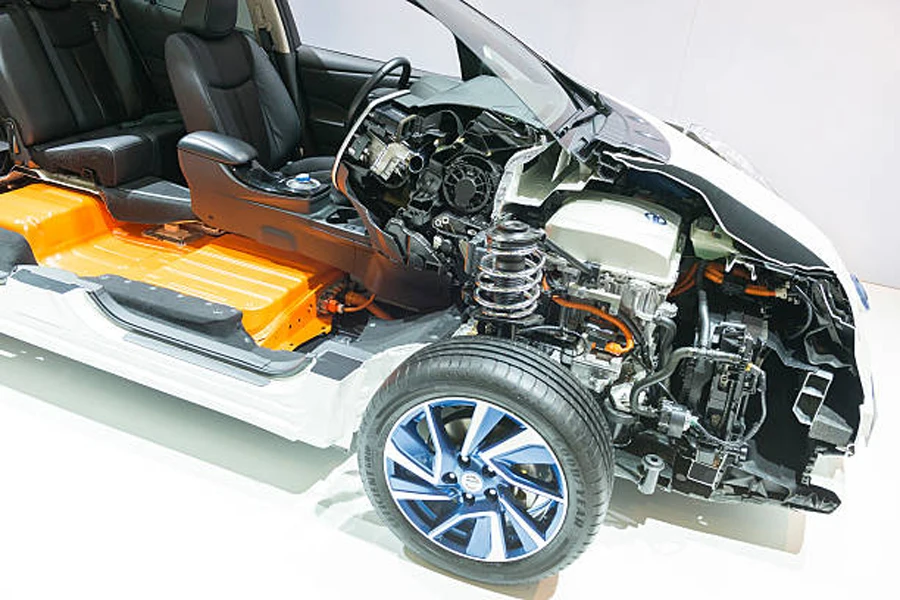
Conclusion
Choosing the right car engine products in 2024 involves balancing performance, efficiency, and reliability. High-performance engines like Ferrari’s V12 cater to niche markets seeking ultimate power and driving pleasure. Efficient engines, such as Toyota’s hybrids, meet the needs of eco-conscious consumers and those looking to reduce fuel costs. Meanwhile, reliable engines like Volvo’s Redblock are essential for businesses that depend on durable and low-maintenance vehicles. By understanding market trends and technological advancements, online retailers can make informed decisions, offering products that meet the evolving demands of their customers and ensuring long-term business success.

